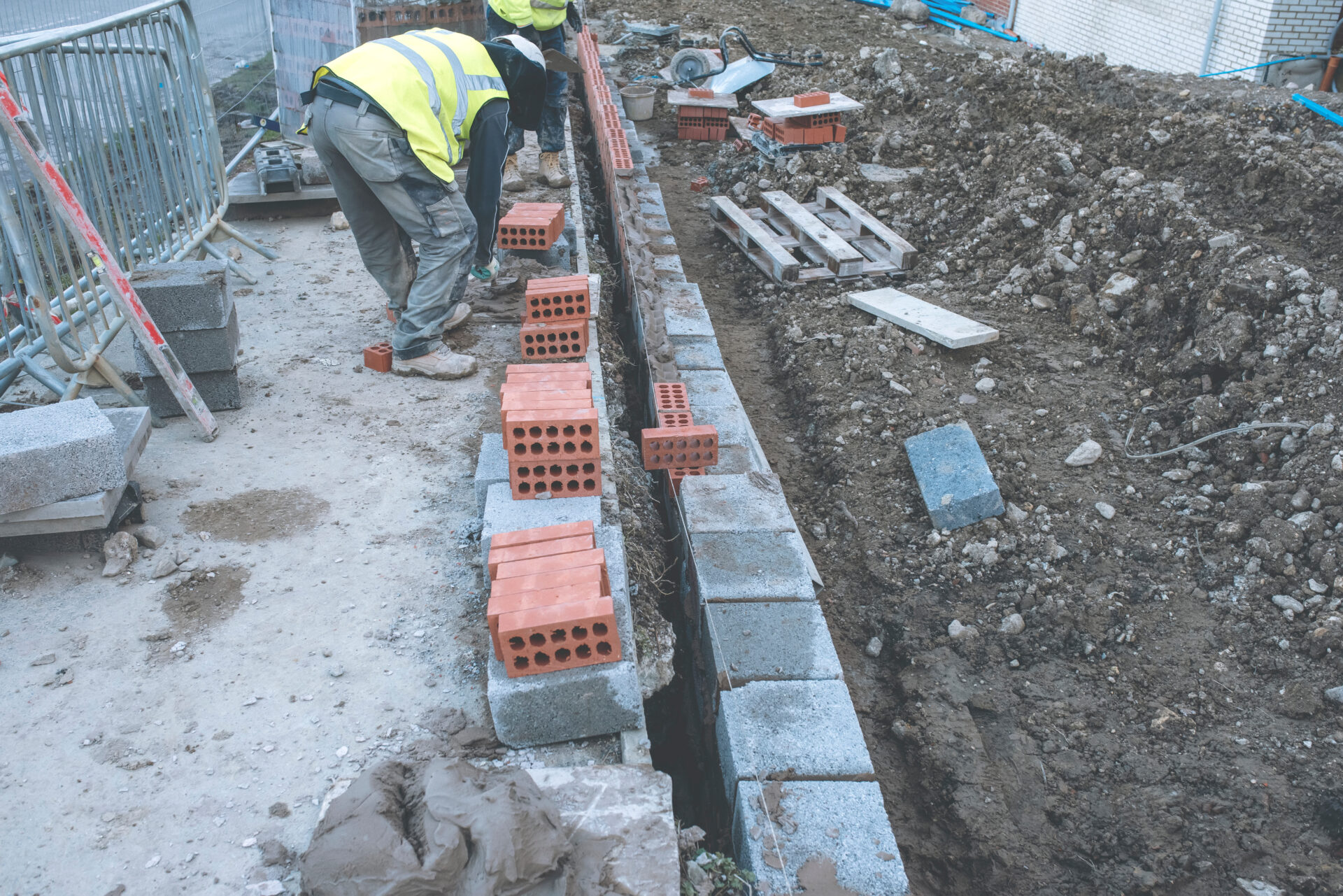The British Medical Association (BMA) has warned the Secretary of State for Health and Social Care that as many as a thousand new GPs could be jobless when they qualify later this summer.
Chairs of the Association’s GP committees have written to Wes Streeting to collectively raise their concerns about the growing GP unemployment crisis, and how it will be exacerbated when GP registrars qualify in August.
Poor employment opportunities have already seen many GPs take on non-clinical work or leave the NHS altogether.
Some are even having to consider accessing employment benefits because of the crisis.
GP unemployment has been steadily worsening over the last couple of years, as a lack of funding means practices have to choose between keeping their doors open and hiring the GPs they need.
With so few jobs available, positions are usually miles away from where GPs live and span multiple sites, making it harder for doctors to build relationships with their patients.
The letter comes as the BMA launches a social media campaign to #endGPunemployment by raising awareness of the impact it’s having on GPs – both newly qualified and experienced – across the UK.
The BMA has called for ring-fenced funding for practices to use solely for the purpose of hiring more GPs, as well as an urgent meeting with Streeting.
As part of the campaign launch, the BMA has heard from several GPs about the unemployment crisis.
One GP said: “At a time when we have patients desperate to see a doctor, where we have waiting lists for appointments, where we have access [and] capacity problems […] we have doctors desperate to work [and] desperate to see patients.”
Another said: “I know some of my trainees are already looking at Australia or Canada as an option. I know some of my colleagues who have left for Canada.”
Another GP told the BMA: “The work availability has dropped off a cliff, worse than the situation was during Covid. This is affecting me as an experienced GP.”
Dr Cheska Ball and Dr Vicki McKay, co-chairs of the BMA’s GP registrars committee, said: “It’s devastating to think that, after years of hard work and study, new GPs might not be able to start their careers – and we risk losing them to other professions as a result.
“The few roles that are available to new GPs are incredibly competitive and even if someone manages to get one, they’re often fixed-term and not conducive to what being a family doctor means.”
Dr Mark Steggles, chair of the sessional GP committee, added: “We first saw the issue of unemployment happening among GP locums, but it’s spread, quickly, into other parts of the profession.
“We’ve heard terrible stories about how the struggle to find work is affecting GPs at all stages of their careers. This is exactly why we need practice-based, ring-fenced funding to get more GPs, regardless of where they are in their careers, back into general practice.”
Dr Katie Bramall, chair of GPC England, said: “General practice delivers around 1.5 million appointments every working day.
“GPs who run their own practices are overworked and desperate to offer more appointments to stop the 8am scramble by increasing the numbers of GPs available in their practices. Meanwhile, newly qualified UK trained GPs are struggling to find roles while desperate to see patients.
“We have seen more funding and more flexibility since the Labour Government came into power, but this unemployment crisis, many years in the making, alongside severely constrained practice finances, needs action now to both retain these GPs and give patients more appointments.
“We know public finances are tight – but the best bang for an NHS buck is to provide ringfenced reimbursements at a practice-level to get as many GPs seeing patients as soon as possible.”

















